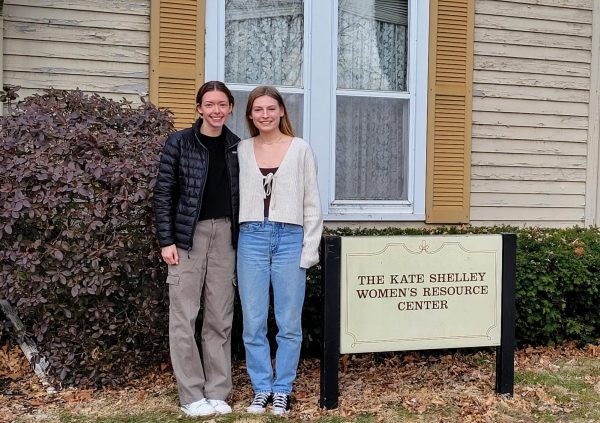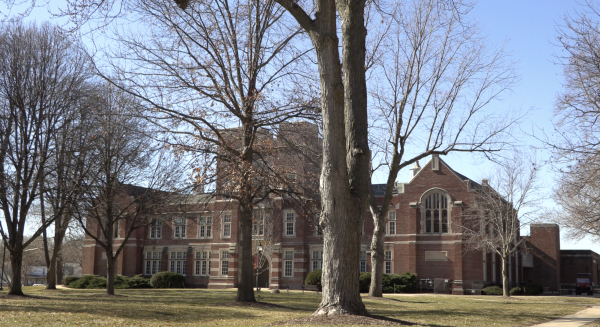Simpson to add neuroscience program
April 17, 2012
Simpson may be adding a new neuroscience program within the psychology department as soon as 2013.
Professors in both the psychology and biology departments are hard at work developing the new neuroscience program to help strengthen the psychology department.
“We’ve been working hard on making sure that we have the right sequence of classes and that we’re making sure we have the right breadth and depth,” professor of psychology Emily Skow said. “We’ve been hard at work making sure we’ve chosen the right conglomeration of classes, appropriate learning objectives, what are the goals with the major, and how do you meet the goals so, we’ve been hard at work on all that stuff.”
Steve Griffith, vice president and dean for academic affairs, believes the pieces are in place for this department to be successful.
“I’m really glad that we have the capabilities and the capacity in both the psychology and biology departments and for both of them to come together and offer this new program on a joint basis,” Griffith said.
A new neuroscience program will not only strengthen the psychology department, but it will also give students valuable knowledge about the brain and its development through the years.
“It’s the direction I think psychology is moving,” Skow said. “So, it’s really hard to study about the mind without thinking about the brain, and so now that we have the tools to answer more questions about the brain more and more of the psychological field is moving into neuroscience.”
As the studies in psychology continue to grow, so do the new discoveries and potential answers about the brain. Skow believes progress continues to be made.
“There’s just such a growth in the area that it’s becoming one of those things that people are starting to hear in national news media so, as we’ve gotten better at health care people are living a lot longer, but we also know that as people are living a lot longer they’re more prone to particular kinds of neurological disorders,” Skow said. “As people are becoming more aware there’s this strong urge to figure out why these disorders develop and how can we fix that problem and knowing about the brain can help that.”
Recent changes in technology have led to the ability for schools like Simpson to explore the exciting new field.
“The brain’s been the final frontier of what we need to learn about and it’s so complex we haven’t, until the past 20 years or so, had a lot of techniques that allow us to assess what’s happening in the brain and now that we have some of those techniques it’s really exciting to figure more out,” Skow said.
Griffith also talked about how today’s society is changing and more academic programs need to be offered to give Simpson students the best opportunity to succeed.
“People of your generation are realizing more and more the world is more complex and overlapping psychology and biology is just what we need to get ahead of the curve,” Griffith said.
A few more things need to happen before this program comes to life, but the future is a bright one for Simpson’s newest department.
“Academic programs have to be approved by the faculty, and it’s my understanding that it is in the approval process,” Griffith said. “It will go to the committee and if the committee passes it will go on to the faculty, but I’m hoping we will have it up and running by next year.”
Once the department is approved, it will put Simpson in a rare category.
”We will be one of the few regional colleges to offer a neuroscience major,” said Jackie Brittingham, head of the biology department. “This is an area that many of our current students are very interested in, and we have evidence that prospective students are also quite interested in this major.”















